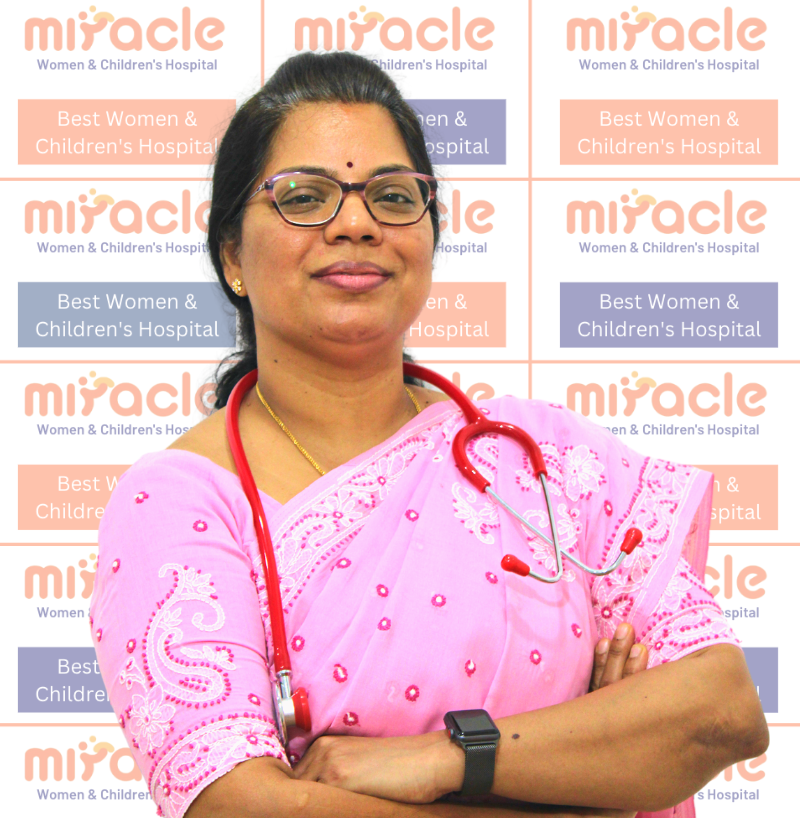PCOS, also known as polycystic ovary syndrome, is a common hormonal imbalance that affects women and can have a negative impact on a woman’s reproductive system, cardiovascular health, and even her outward appearance. The appearance of the ovaries as seen on an ultrasound scan is referred to by this term. There may be 12 or more cysts on the ovaries, and their sizes can range anywhere from 2 mm to 9 mm. Because of this imbalance in hormone production, egg ovulation may occur sporadically or not at all, making it extremely challenging to conceive a child through the natural process.
How Can I Tell If I Have PCOS?
Those who have PCOS satisfy two out of the three criteria that are listed below:
- Oligomenorrhea (having your menses every 40 to 60 days) (having your menses every 40 to 60 days)
- Androgen excess (by blood test or physical appearance such as acne or oily skin)
- Ultrasound reveals the presence of more than 12 follicles.
What are the symptoms of polycystic ovary syndrome?
- Irregular or no periods
- Challenges in achieving or maintaining pregnancy
- Being overweight, or experiencing a sudden weight gain
- Having more hair than is typical on one’s face or body
- spots on the skin that are raised and dark brown in colour
- Skin tags (excess flaps of skin around the neck and in the armpits)
- A thinning of the hair on the scalp Oily skin and acne
- Depression as well as erratic mood swings
- ache in the pelvis
- Sleep apnea (interrupted breathing while sleeping)

FAQS
Who gets PCOS?
PCOS affects a disproportionately high number of women of childbearing age. PCOS, on the other hand, can develop at any age after puberty and even before. PCOS also carries a certain amount of genetic risk. For instance, if your mother had polycystic ovary syndrome (PCOS), you have a higher risk of developing it as well.
- Minimal invasive surgery
- Mommy makeover
